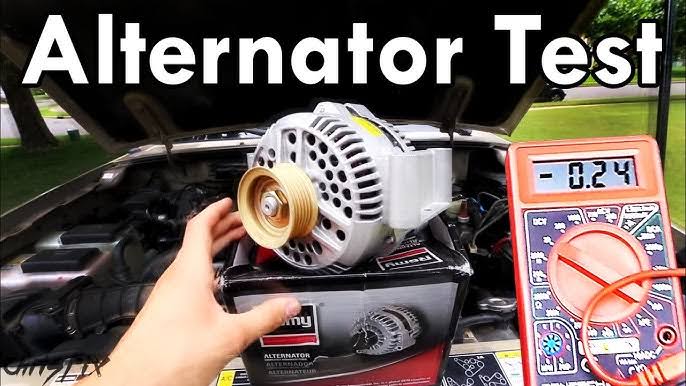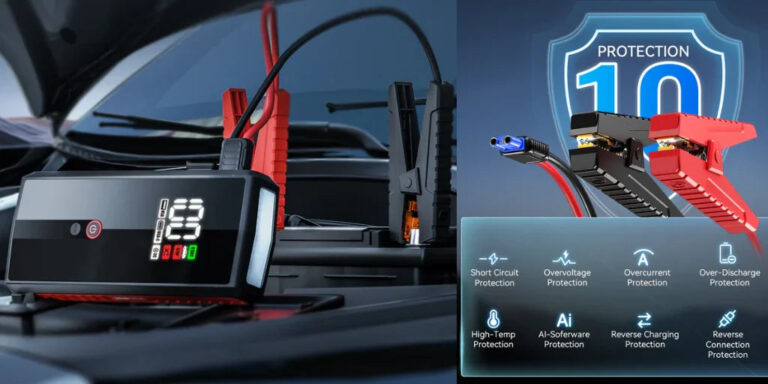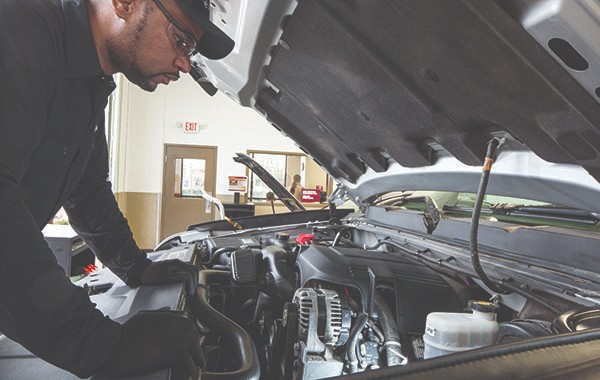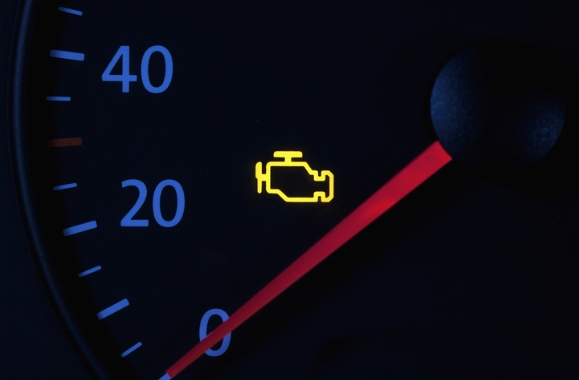Will Exhaust Leak Cause Check Engine Light?
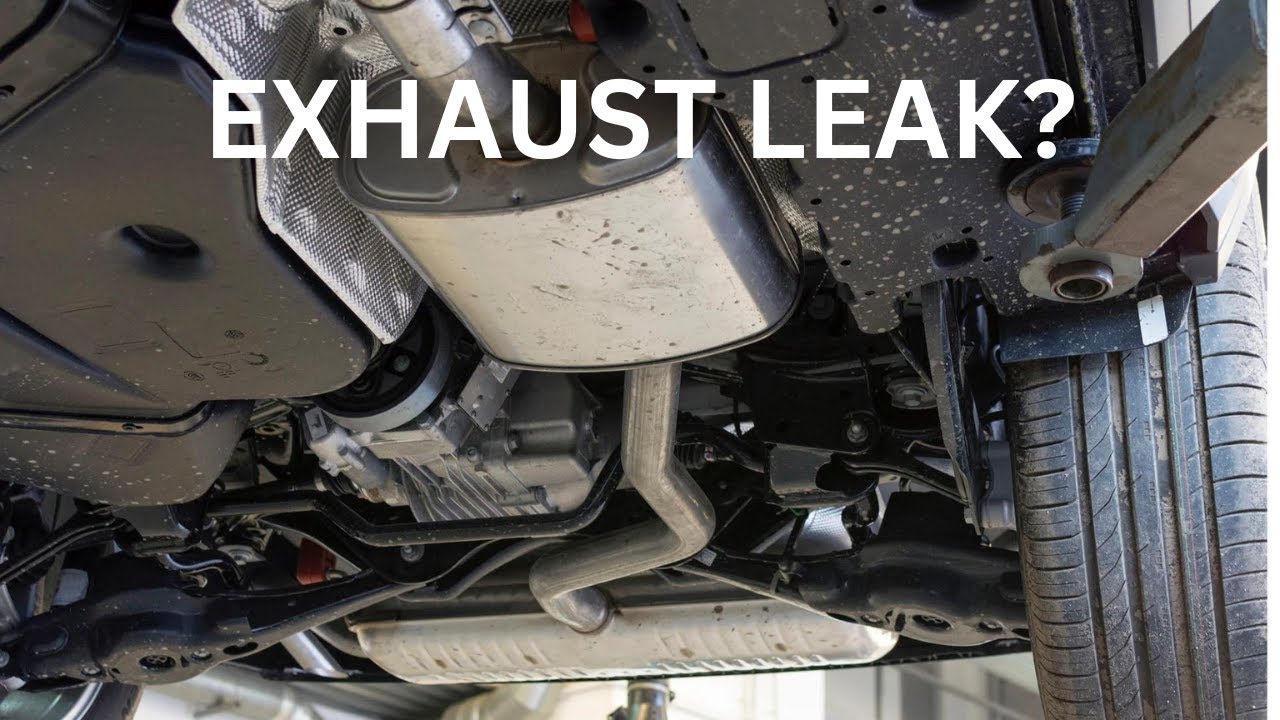
Short Answer: Yes, an exhaust leak can trigger the check engine light.
An exhaust leak—especially if it’s near the oxygen sensors or catalytic converter—can disrupt engine readings and cause the ECU (Engine Control Unit) to turn on the check engine light.
How Exhaust Leaks Trigger the Check Engine Light
1. Faulty Oxygen Sensor Readings
Exhaust leaks ahead of the O2 sensors (upstream or downstream) can introduce extra oxygen into the system. This can trick the ECU into thinking the engine is running lean (too much air, not enough fuel), which causes:
- P0171 or P0174 codes: System too lean
- Poor fuel economy
- Hesitation or rough idle
2. Catalytic Converter Inefficiency
A leak after the O2 sensors might throw off readings for the catalytic converter, causing:
- P0420 code: Catalyst system efficiency below threshold
3. Noise or Smell Issues
While these don’t directly cause a code, a loud exhaust or strong fuel odor may accompany the check engine light when there’s a leak.
Common Locations for Exhaust Leaks That Trigger CEL
- Exhaust manifold
- Manifold gasket
- Exhaust flex pipe
- Header or downpipe connections
- Near O2 sensors
Signs of an Exhaust Leak
- Ticking or tapping sound from the engine bay
- Strong smell of exhaust gases
- Poor fuel economy
- Loss of power or acceleration
- Illuminated check engine light
What to Do if You Suspect an Exhaust Leak
- Scan the ECU with an OBD-II reader to check for codes.
- Inspect under the car for visible damage, rust, or black soot near joints.
- Listen for noises during cold start-ups.
- Visit a mechanic if unsure—exhaust repairs may require welding or gasket replacement.
Conclusion
Yes, an exhaust leak can and often will cause the check engine light to come on, particularly if it affects sensor readings. It’s important to diagnose and repair it early to avoid engine damage, performance loss, and potential emissions test failure.
Also Check:
• Does a Bad Catalytic Converter Make a Noise?
